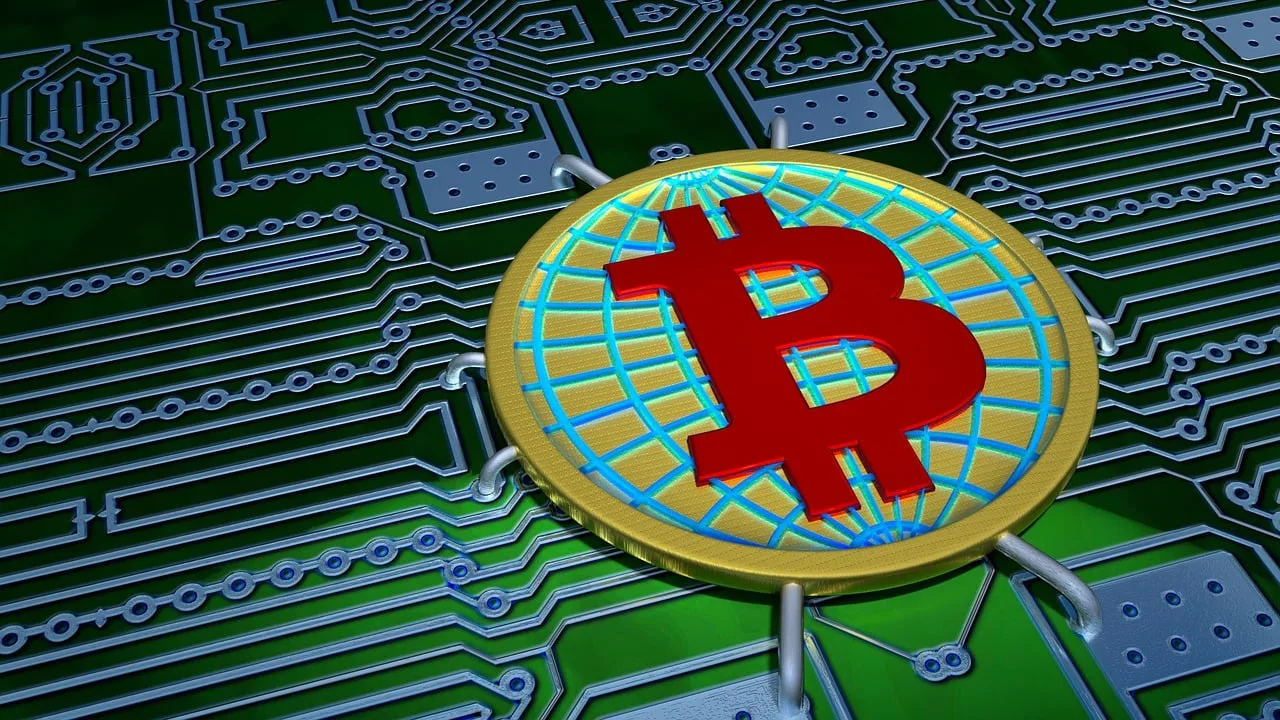In today's fast-paced technological landscape, few innovations have captured global attention and sparked as much transformative potential as Artificial Intelligence (AI) and Bitcoin. These two pillars of modern technology represent significant advancements within their respective fields and promise to reshape industries and economies worldwide.
The Rise of Bitcoin
Bitcoin, introduced in 2009 by an anonymous person or group known as Satoshi Nakamoto, has fundamentally altered the traditional financial landscape. As a decentralized digital currency, Bitcoin operates on a peer-to-peer network, facilitating secure and transparent transactions without intermediaries like banks. Its revolutionary blockchain technology ensures transaction immutability and decentralization, enhancing trust and reliability in the digital economy.
Impact on Financial Systems
Bitcoin's impact extends far beyond its role as a digital currency. It challenges the fundamental principles of monetary systems by offering an alternative store of value and medium of exchange. With a finite supply of 21 million coins, Bitcoin has gained traction as a hedge against inflation and economic uncertainty, appealing to individual investors and institutional players seeking diversification.
Innovations in Blockchain Technology
Beyond Bitcoin's monetary implications, blockchain technology has sparked innovations across diverse sectors. Its decentralized and transparent nature makes it ideal for applications such as supply chain management, digital identities, and secure voting systems. Companies are leveraging blockchain to streamline operations, enhance cybersecurity, and facilitate seamless cross-border transactions, thereby revolutionizing traditional business processes.
AI: Transforming Industries
Simultaneously, Artificial Intelligence has emerged as a cornerstone of modern technological advancements, revolutionizing industries through its ability to analyze vast datasets, identify patterns, and make data-driven predictions with unparalleled accuracy.
Applications Across Sectors
In healthcare, AI facilitates personalized medicine by analyzing genomic data and predicting patient outcomes. In manufacturing, ai-driven predictive analytics optimize production processes, reduce maintenance costs, and minimize downtime through proactive equipment monitoring. Retail and e-commerce industries benefit from AI-powered algorithms that enhance customer experiences by providing personalized recommendations and improving sales conversions.
Ethical and Regulatory Considerations
Despite its transformative potential, AI adoption raises ethical concerns surrounding data privacy, algorithmic bias, and societal impacts such as job displacement. Establishing robust regulatory frameworks is crucial to ensure responsible AI development and deployment while safeguarding consumer rights and societal values.
Convergence of AI and Bitcoin
The convergence of AI and Bitcoin presents unprecedented opportunities for innovation and collaboration. AI algorithms can analyze blockchain data to detect anomalies, prevent fraud, and enhance cybersecurity measures. Moreover, AI-powered trading platforms leverage machine learning to predict market trends, optimize investment strategies, and drive the adoption of cryptocurrencies among institutional investors.
Future Prospects and Challenges
Looking ahead, the synergy between AI and Bitcoin is poised to redefine technological innovation across global industries. Advances in AI algorithms will continue to refine blockchain technology, making transactions faster, more secure, and cost-effective. However, significant challenges such as regulatory uncertainties, technological scalability, and public trust must be addressed to fully realize the potential benefits of these transformative technologies.
In conclusion, the intertwined evolution of AI and Bitcoin signifies a paradigm shift in technology, finance, and global interconnectedness. As these technologies continue to evolve, their impact on economies, societies, and everyday lives will be profound, paving the way for a more interconnected and digitally-driven future.

